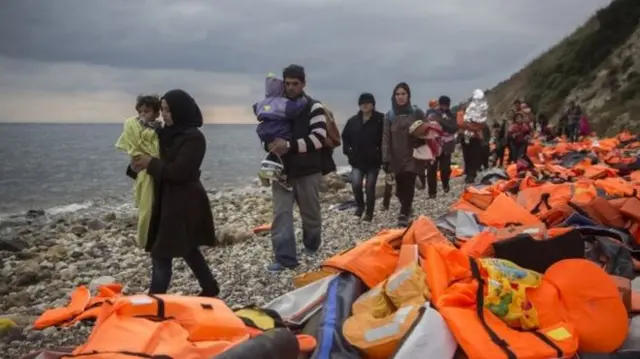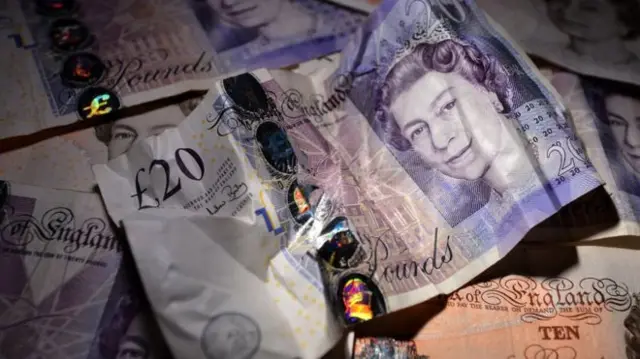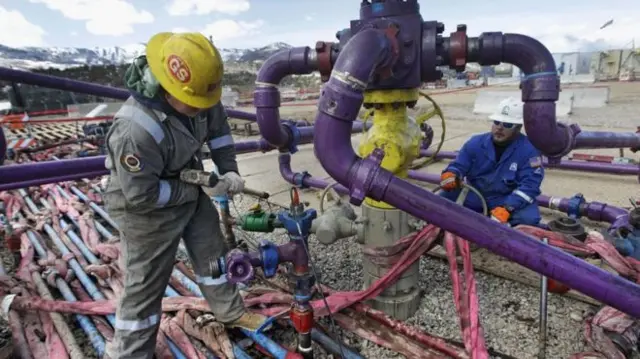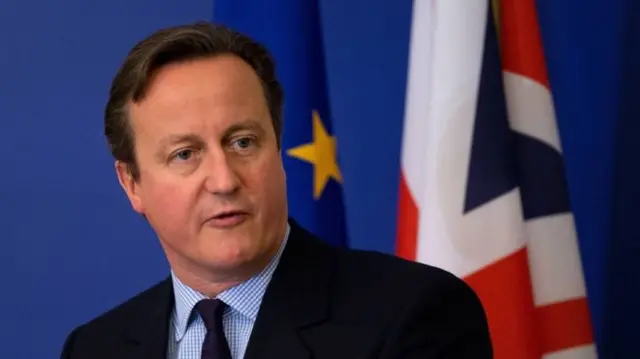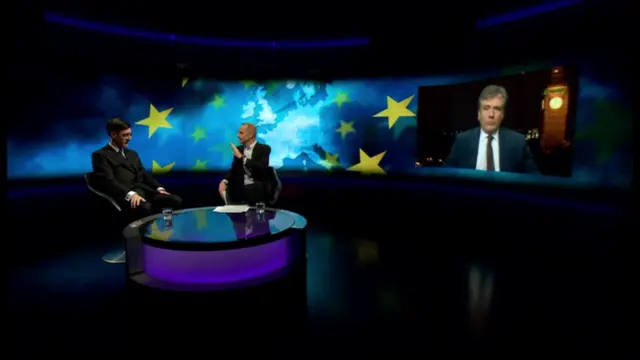Will Boris back EU exit?published at 09:05
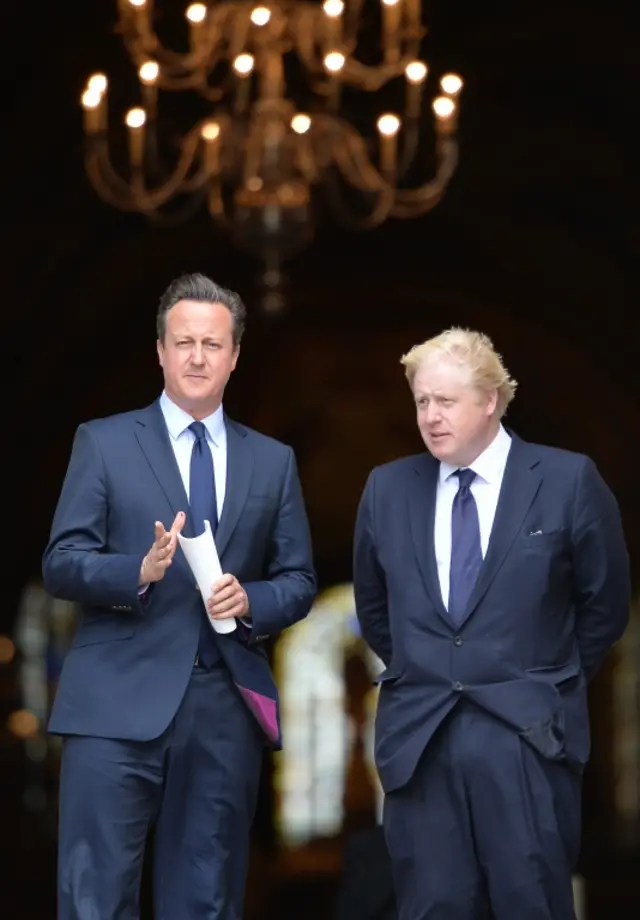 Image source, PA
Image source, PAWriting in Conservative Home, external, Paul Goodman considers Boris Johnson's recent comments on the European Union renegotiations - including a call for an opt-out for the UK on freedom of movement - and asks whether the conventional wisdom that the Mayor of London will eventually fall into line and campaign for the UK to remain in the EU is wrong. He writes.
Quote MessageBoris knows his subject. He was raised in the belly of the beast, so to speak, since his father is a former MEP. He has served as a Brussels correspondent, where he got to know the EU’s ways at first hand. And as Mayor, he commissioned and endorsed “a major report which says that it would be better for London if Britain were to leave the European Union than stay if David Cameron fails to negotiate reforms."
